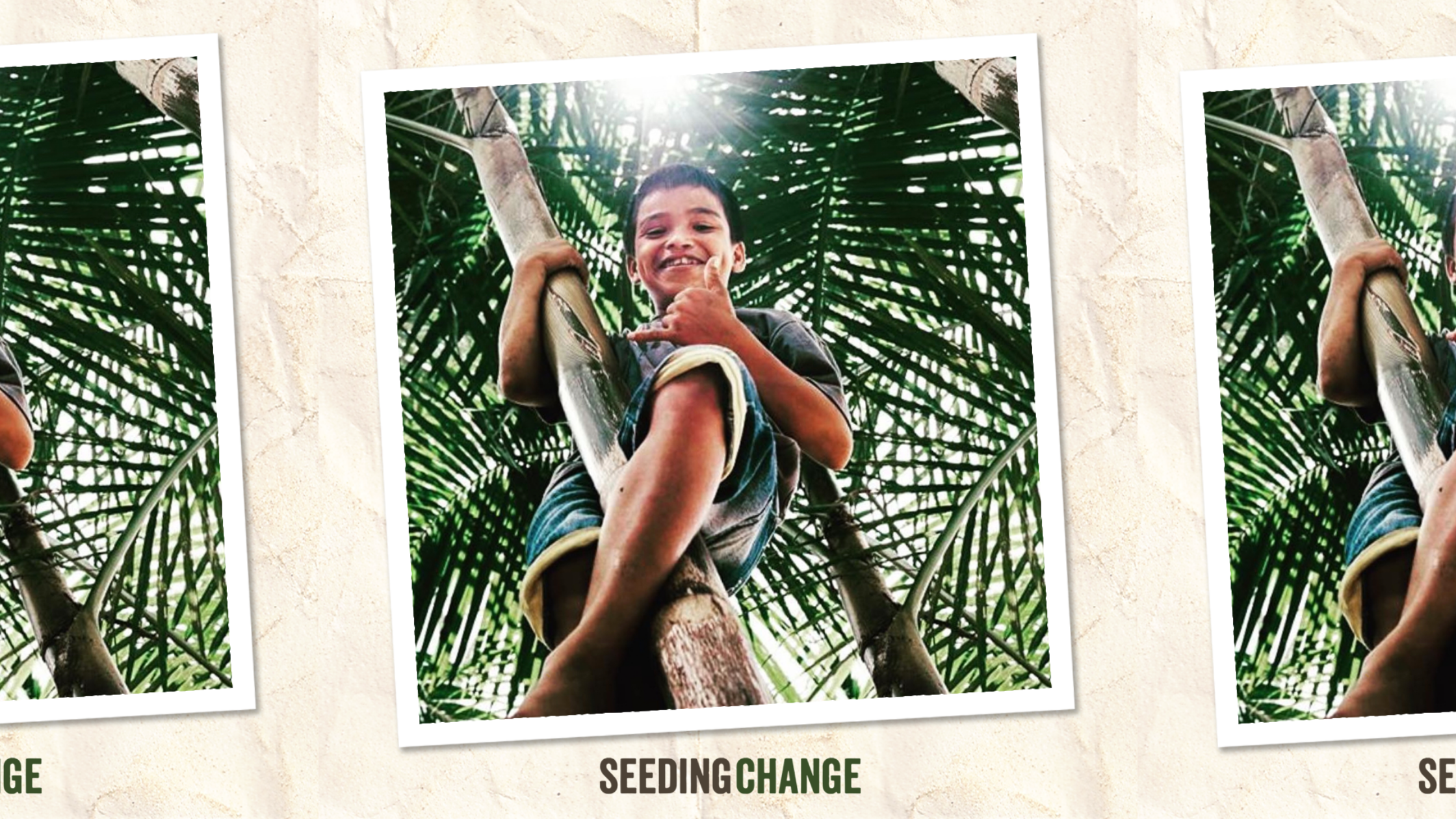Sambazon and the challenges of conscious-driven business in Seeding Change

The documentary Seeding Change opens in the Amazon flood plains in Brazil, the gateway to the rainforest. A region naturally rich in its biodiversity, but where historically its local people and landscape have been exploited. This is where, twenty years ago, a group of friends developed the idea to build a business that rejected exploitative business models and was rooted in providing value to local communities, consumers, and the planet. Today, that company, Sambazon, is now a leading maker and seller of açaí-based food and beverages, providing Fair Trade products that ensure an equitable supply chain without harming the environment. Seeding Change follows Sambazon’s journey as the company challenges what value means to the marketplace. This pathway, however, is not without its obstacles. The challenges Sambazon and the other companies featured in the film face are universal for social impact organizations. Here are some of the key issues discussed in the documentary and how these companies are turning them into opportunities to propel change across industries.
Envisioning a new business model
“We wanted to look at how our company was impacting the environment, where we do business, and the social impacts of our company: the social welfare of the employees, the farmers, everybody who is involved.” - Jeremy Black, Co-Founder, Sambazon
In order to reverse the direction and negative impact of industry on the planet and its people, companies must be willing to reimagine their entire business models. Sambazon was founded with a triple bottom line framework that ensured Fair Trade practices and disavowed the 'take-make-waste' model traditional in business. Sustainable companies are changing how business reflects and considers its purpose, how supply chains are created, and how products can provide greater impact by reinvesting in communities and uplifting circular economy principles.
Making compromises for the good
Now more than ever, sustainable companies are challenging the status quo on what a successful business looks like and how it can bring value to consumers, workers, communities, and natural resources. Over a company’s journey, however, executives and entrepreneurs inevitably face difficult decision points that require them to make trades-offs to preserve the company’s mission and the health and well-being of its suppliers and customers. In order to maintain a triple bottom line framework, sustainable companies approach these decisions by considering the entire ecosystem their business operates in and changing how they prioritize these issues.
No company can go it alone
Whether it is demanding safe, Fair Trade supply chains or advocating for more earth-friendly packaging, no single company can go it alone. Sambazon and their partner companies recognize that there is strength in numbers and that adopting a collaborative mindset is essential for creating impact and propelling success. Thus, these companies have developed means to work together to push the needle on better processes and products for their consumers. The result is safer and more sustainable options for customers, as well as prosperity and growth for the local communities these companies partner with.
Challenging the meaning of value
“We started to see that businesses that created value in natural resources were the ones that were more sustainable and bankable” - Dr. Pedram Shojai
How is value defined by the market? Traditionally, a company’s potential for profit is a major consideration for investors. While investors still care about profits, Seeding Change highlights how the concept of value is evolving to be more inclusive: How a company innovates in its ability to provide a successful, sustainable product, meet consumer interest, all without harming people or the planet, must matter when we determine and measure value. Sambazon and its partner companies are advocating that customers vote with their dollars and demand more environmentally friendly, Fair Trade products. In doing so, more capital is and will be invested in these sustainable companies and drive up their value in the market.
Get Involved
Are you passionate about finding sustainable solutions to the pressing issues businesses face today, watch www.seedingchangefilm.com. To learn more about how Sambazon is leading the way on Fair Trade practices and creating impact, check out: www.sambazon.com.
Want your chapter to host an exclusive screening of Seeding Change, visit netimpact.org to learn more.
